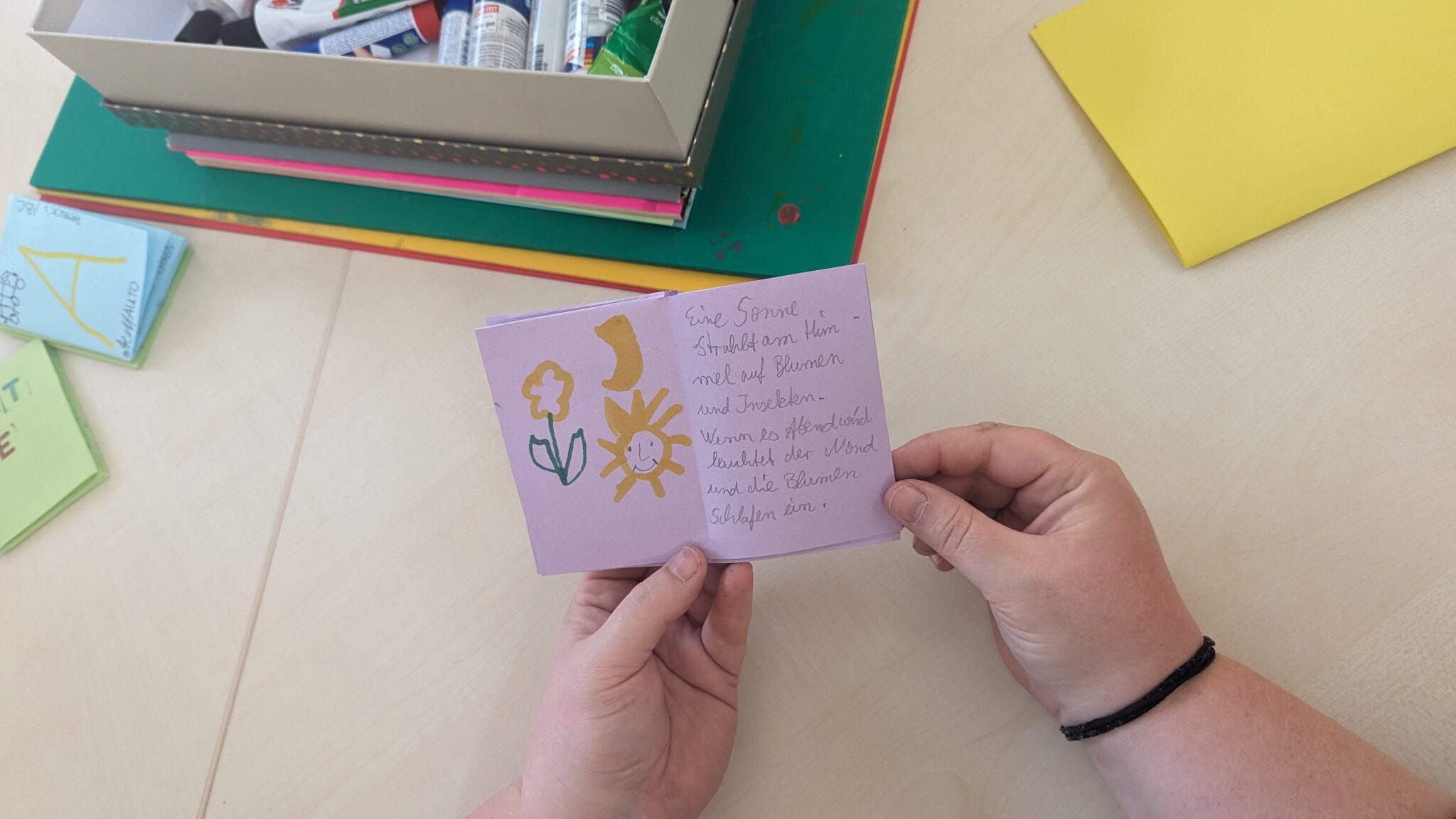
How easy is the language?
Most people have probably already heard of “plain language” and, when they received their last letter from the tax office, may have wondered why general comprehensibility is not also a worthwhile goal for the authorities.

Most people have probably already heard of “plain language” and, when they received their last letter from the tax office, may have wondered why general comprehensibility is not also a worthwhile goal for the authorities.

At Mitteldeutscher Rundfunk, or more precisely at the Dresden regional broadcasting center, many people in different professions work to ensure that news is broadcast over the airwaves day after day, evening after evening. Experts explain the challenges of communicating in an integrative and inclusive way, where this is already successful and where obstacles to communication and understanding repeatedly arise in everyday public life.
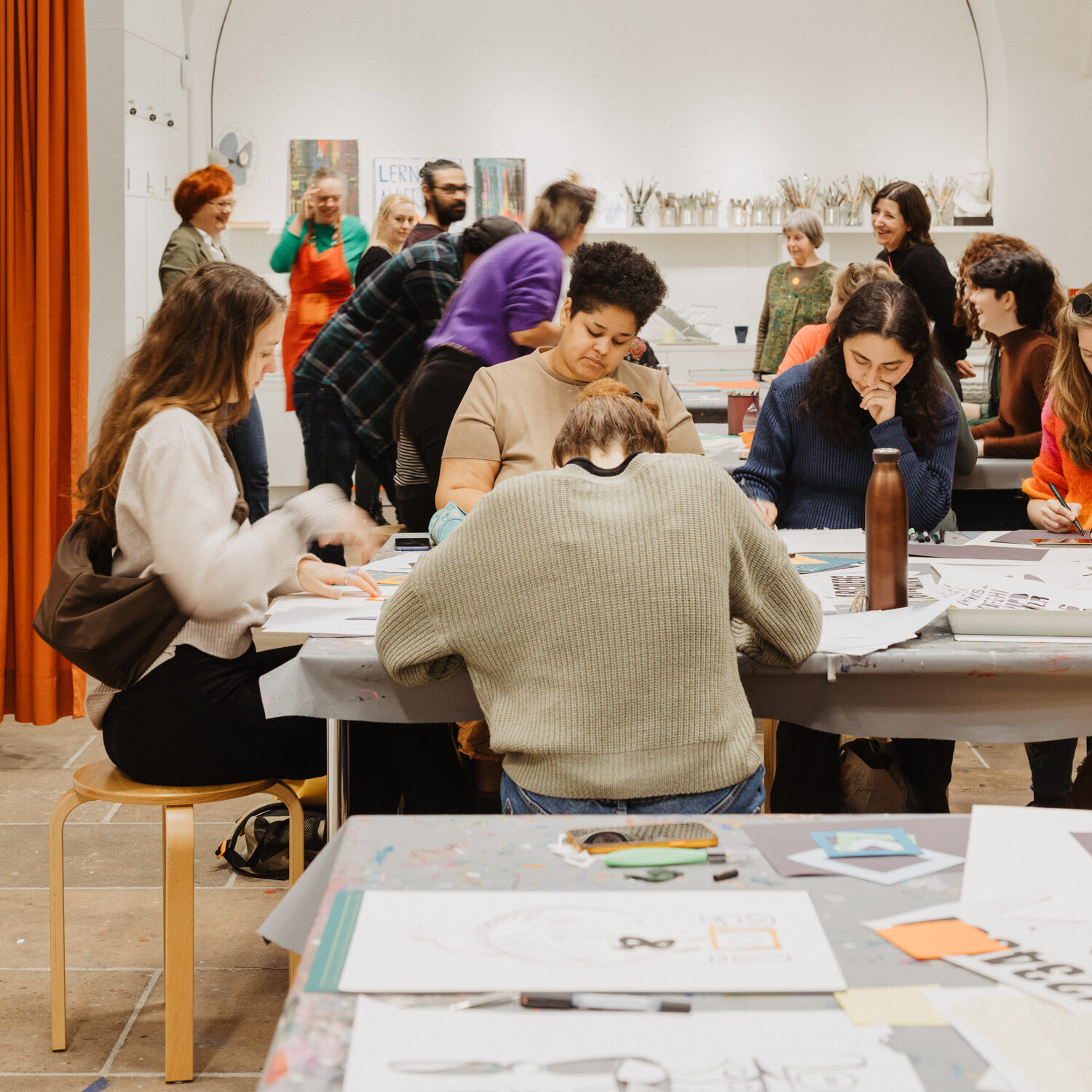
Last chance for workshop “Your message - your poster - print it yourself with screen printing”
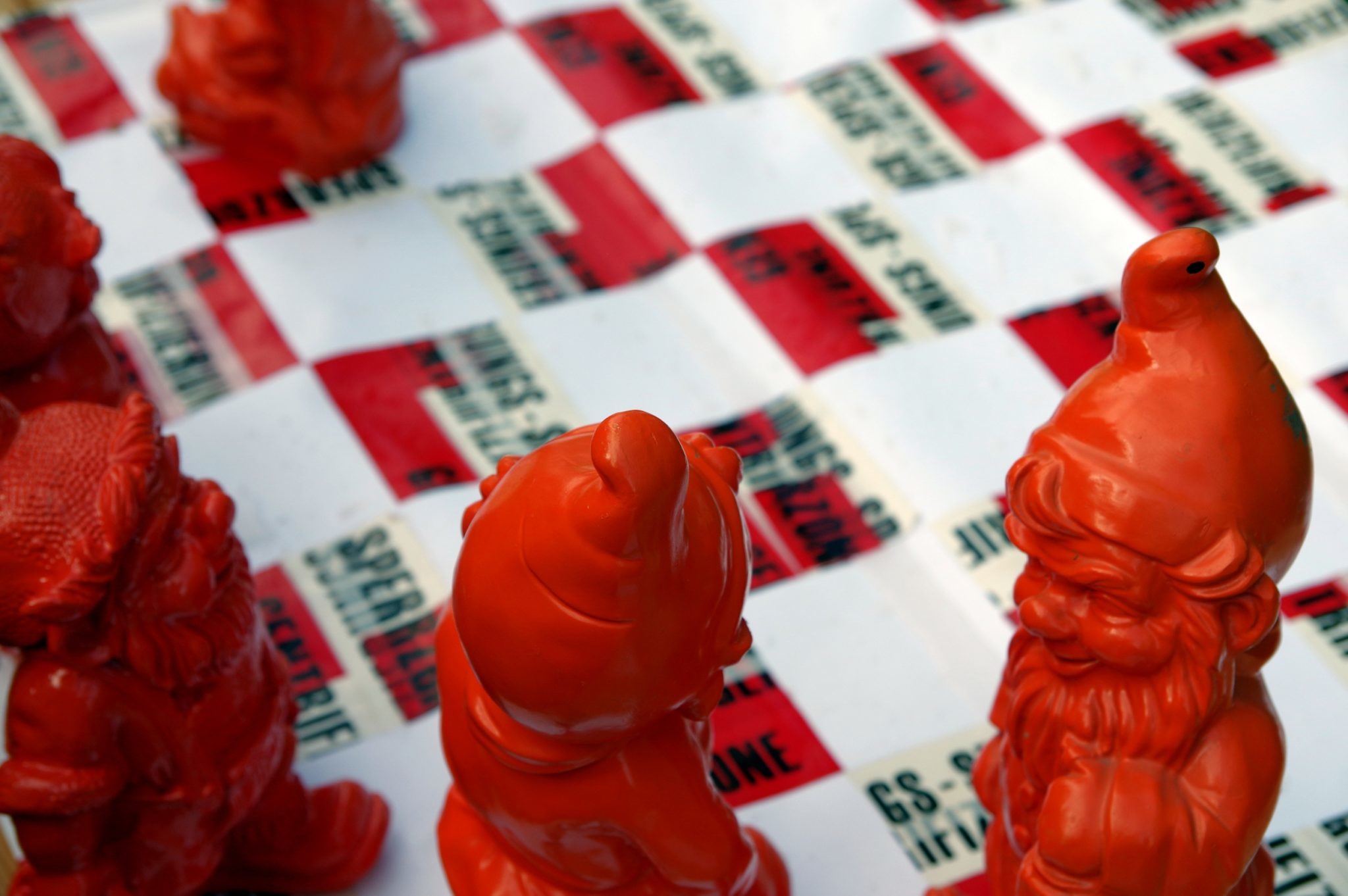
For all those who want to do something with media, we are offering an internship in the field of communication & social media from July 2024
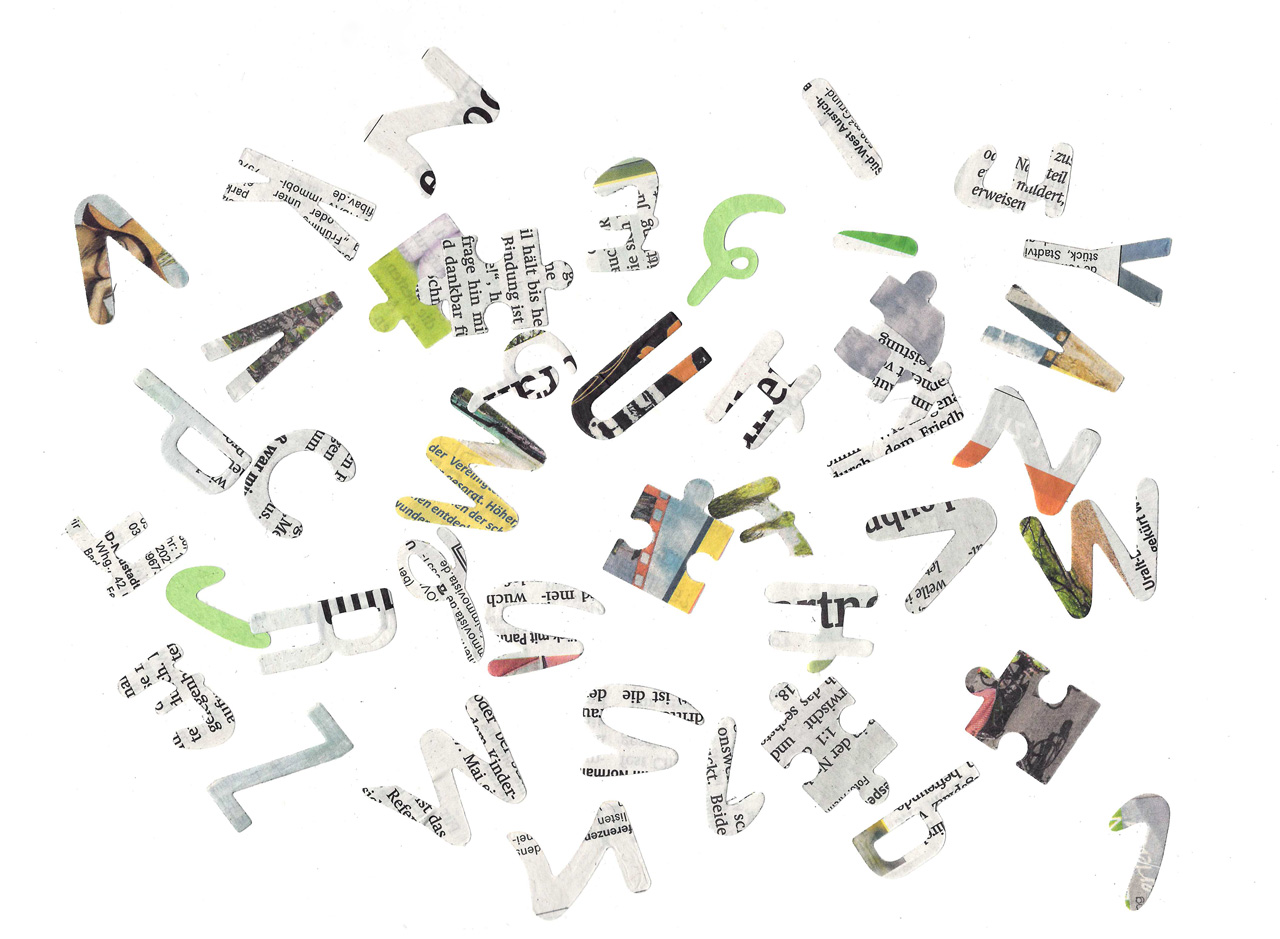
Dresdeners, newcomers and married couples speak Saxon on the street after a relatively short time, in any case. High German is spoken at school, at least most of the time. French?
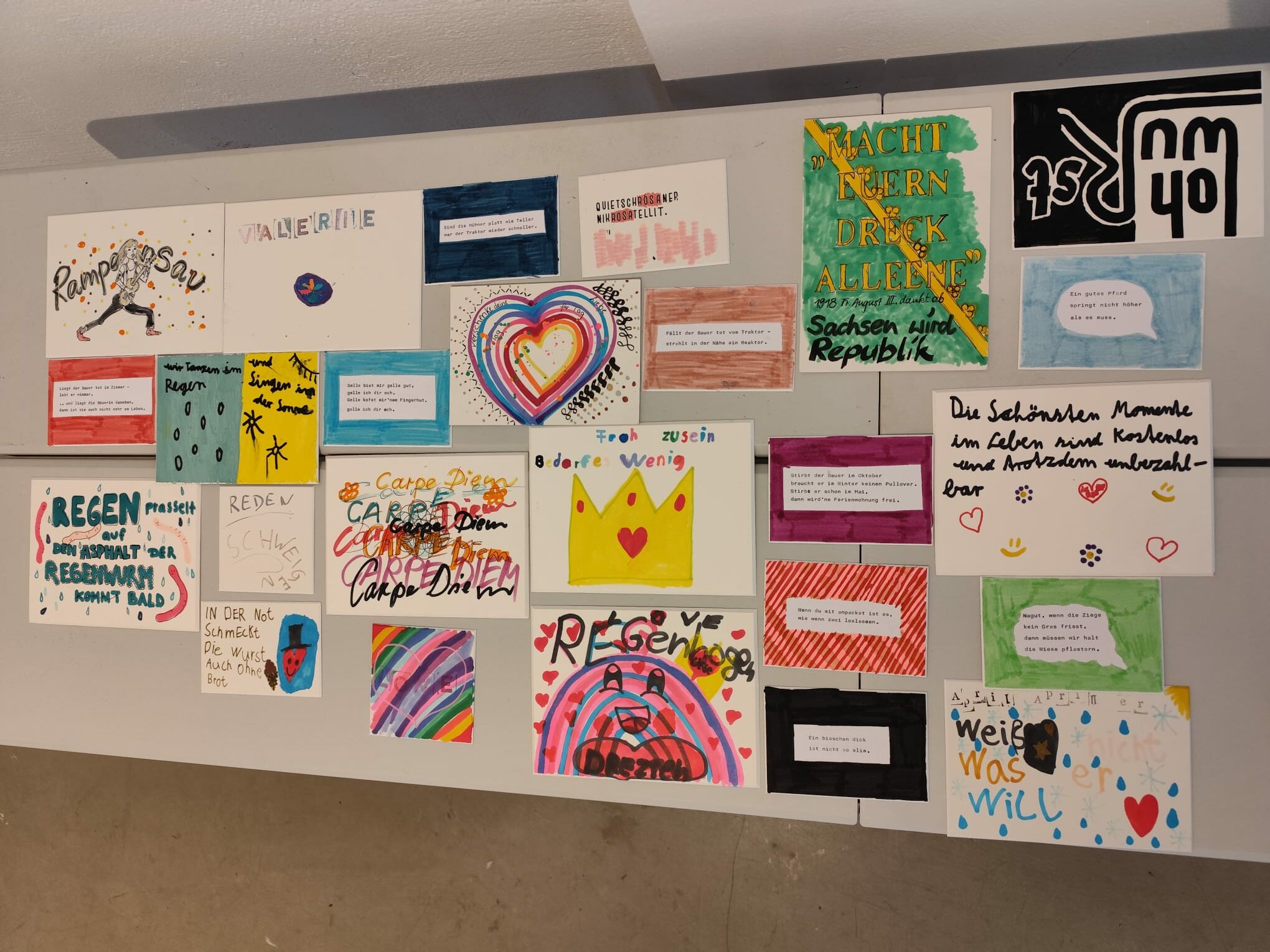
This question really gets on Mariela's nerves. Why is that? Isn't it okay to be curious and inquisitive in the best sense of the word?
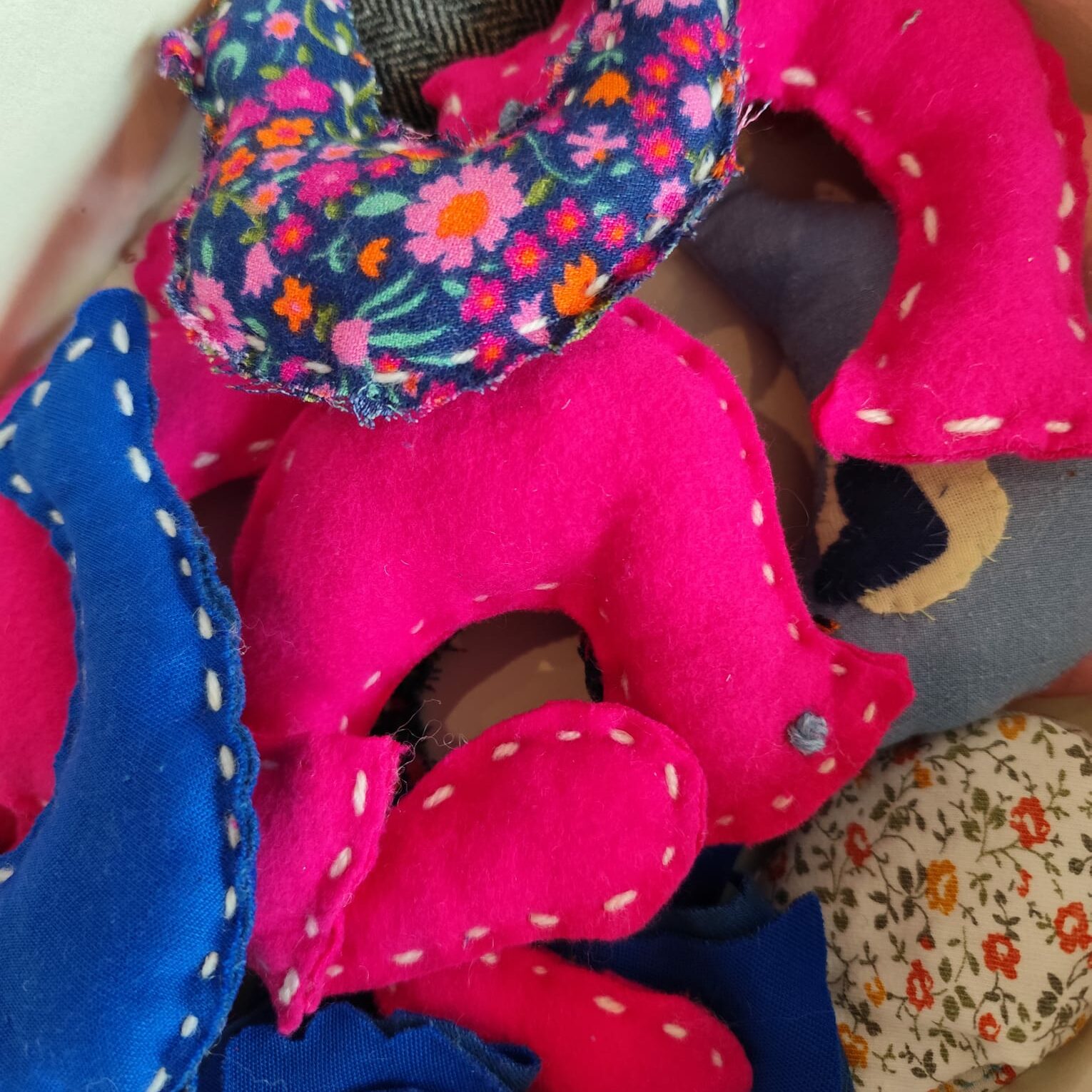
Olga is a pediatrician, Yuliya is a teacher at the Waldorf School. Together with five to ten other women, they meet every Wednesday evening in the sewing café on Bautzner Straße. They are currently sewing patchwork birds, large and small, individually or as a small ensemble with repeating fabrics and patterns.
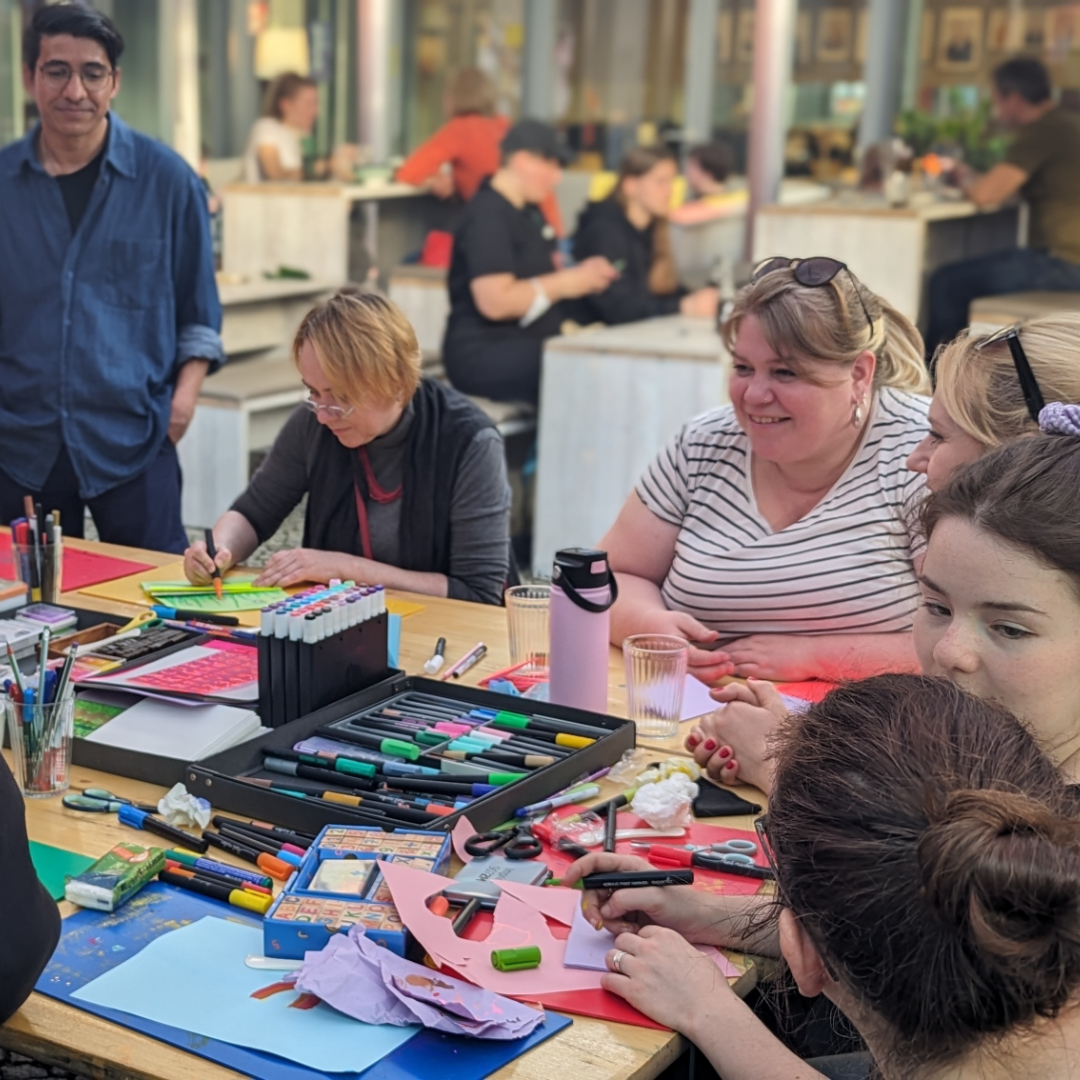
Workshops, guided tours, writing and printing workshops under the motto "Language and writing. Dresden speaks many languages"
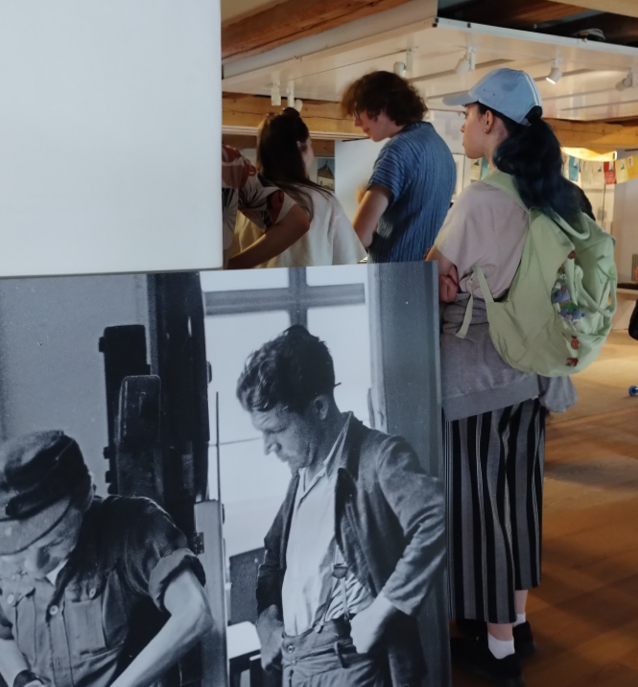
LanguageGerman Digital Issue © Kultur Aktiv e.V. | 2024 Content Kultur Aktiv. Der Verein.VereinsorganigrammKultur Aktiv in ZahlenKooperationenMitgliedschaftenNachhaltigkeitPressespiegel ProjekteDresdner Nachbarschaftenzusammen.HALTWinterreisenGalerie nEUROPAUnsichtbare SynagogenPragomania FestivalOffene GalerieostZONEMETELYKProfil: Soziokultur #dresdenstandswithukraine AktivitätenNeustädter Frühling auf der HaupstraßeZusammenarbeit…

Workshops, tours, writing and printing workshops under the motto "Dresden speaks many languages"
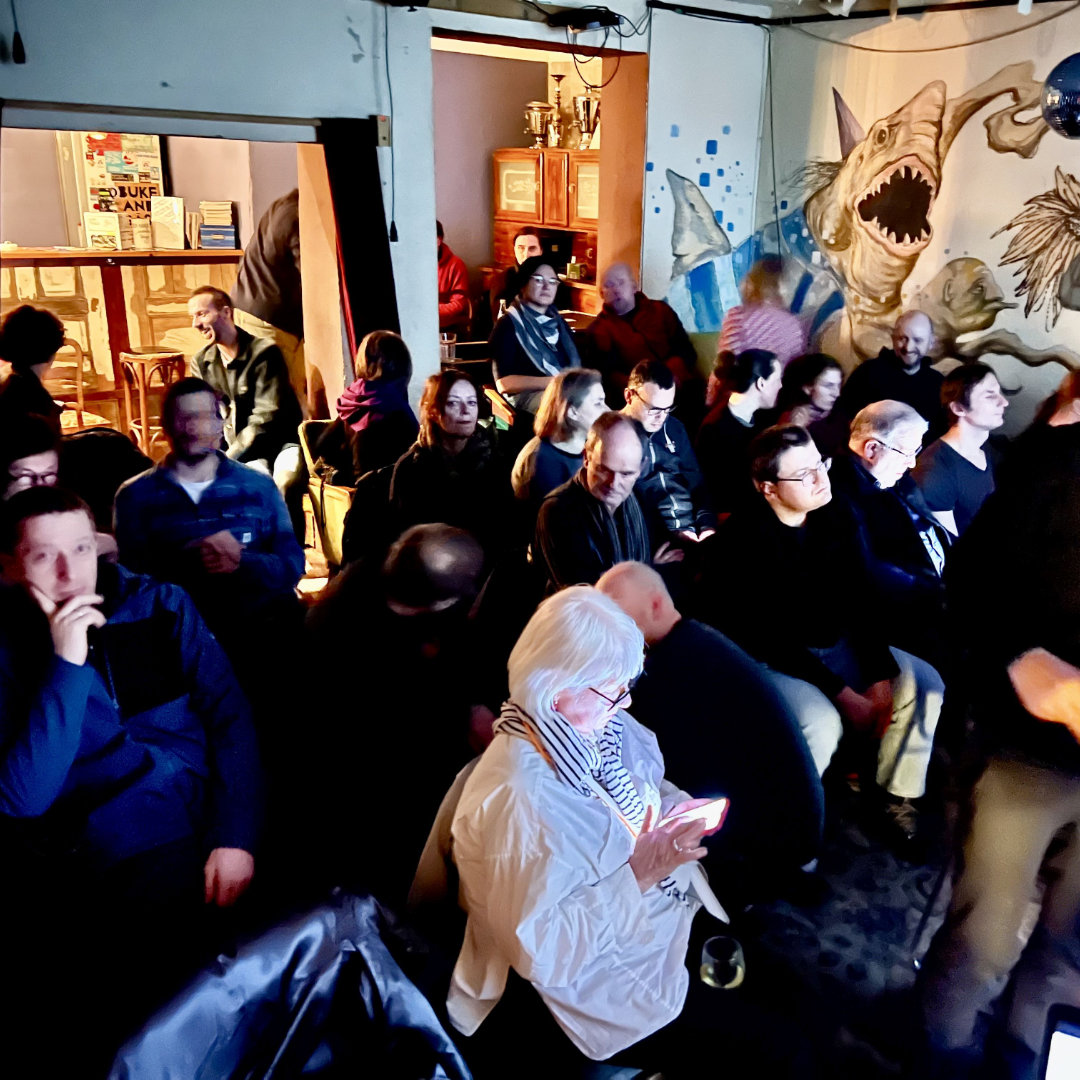
Varied spring programme follows the Winterreisen

Natasha, Yuliya, Olga and Hannah talk about their newly discovered family history between Ukraine and Saxony, the persistent speechlessness and their wishes for Ukraine and a life in peace.